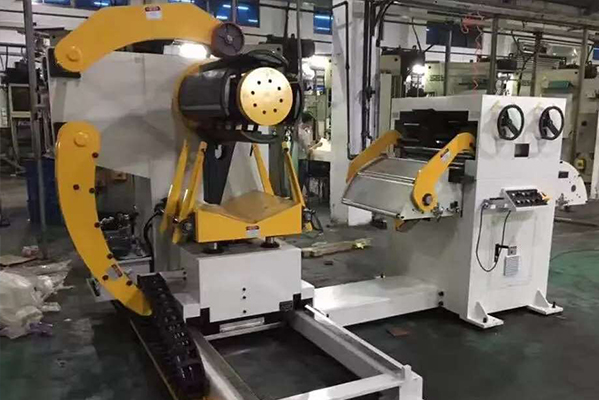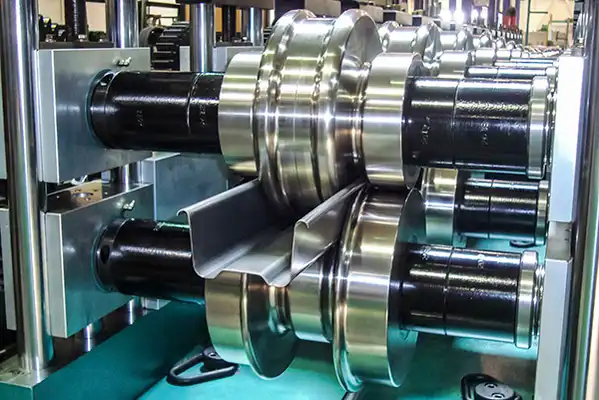Navigation Menu
Contact Us
- Email:
- info@wxavatar.com
- Address:
- Yurong Village, Yuqi Street, Huishan District, Wuxi, China.
Release Date:Jul 18, 2025 Visit:64 Source:Roll Forming Machine Factory
The roll forming machine industry has undergone significant changes in recent years, driven largely by advancements in automation technology. These innovations have improved production efficiency, enhanced product quality, and reduced operational costs, making roll forming a more competitive manufacturing process.

Increased Production Efficiency
One of the most notable impacts of automation in the roll forming industry is the improvement in production speed and consistency. Automated roll forming machines can operate continuously with minimal human intervention, reducing downtime between production runs. Computer Numerical Control (CNC) systems allow for precise adjustments, ensuring that each roll-formed product meets exact specifications without manual recalibration.
Improved Precision and Quality Control
Automation has enhanced the precision of roll forming machines, reducing errors caused by manual operation. Advanced sensors and real-time monitoring systems detect deviations in material thickness, alignment, or forming pressure, allowing for immediate corrections. This level of control ensures consistent product quality and minimizes material waste.
Reduced Labor Costs and Enhanced Safety
By automating repetitive and labor-intensive tasks, manufacturers can reduce reliance on manual labor while maintaining high output levels. Automated loading and unloading systems, robotic welding integration, and computerized cutting mechanisms streamline operations while improving workplace safety by minimizing direct human interaction with heavy machinery.
Flexibility in Customization
Modern automated roll forming systems are highly adaptable, allowing manufacturers to switch between different product designs with minimal setup time. Programmable logic controllers (PLCs) and software-driven adjustments enable quick changes in roll tooling profiles, making it easier to produce customized components without extensive retooling.
Integration with Smart Manufacturing
The adoption of Industry 4.0 principles has further transformed the roll forming industry. Automated machines equipped with IoT (Internet of Things) capabilities can collect and analyze production data, enabling predictive maintenance and optimized workflow management. This connectivity helps manufacturers identify inefficiencies and improve overall equipment effectiveness (OEE).

Conclusion
Automation has reshaped the roll forming machine industry by increasing efficiency, improving precision, reducing costs, and enabling greater customization. As technology continues to evolve, further advancements in robotics, AI-driven quality control, and smart manufacturing integration will likely drive additional improvements in the sector. Manufacturers that embrace these innovations can enhance their competitiveness and meet the growing demands of various industries, from construction to automotive manufacturing.